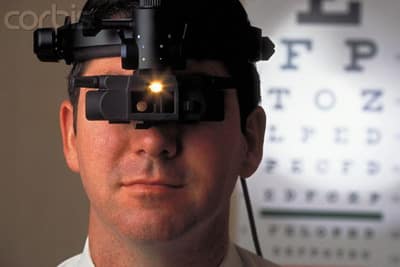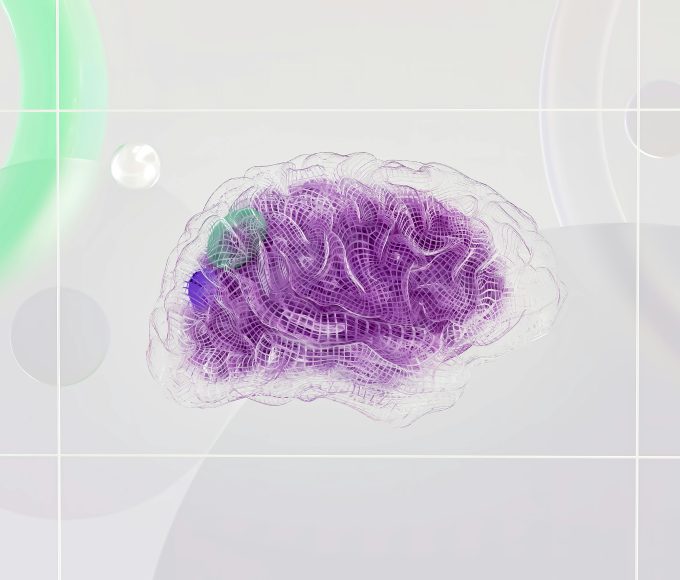Many Americans who don’t wear glasses or contact lenses don’t visit the eye doctor regularly or at all. Gradual vision loss is natural as we age and it’s very difficult to detect because we grow accustomed to our diminishing vision as it happens. A few sure signs you should see an ophthalmologist are if you are over age forty or if you simply haven’t been in awhile. Chances are your vision may improve substantially with corrective lenses. Most patients with gradual vision loss don’t realize how far their vision has deteriorated until they put on their first pair of prescription lenses.
Some signs that you are experiencing gradual vision loss include noticing you can’t read signs that others can, feeling uncomfortable driving at night, holding reading material closer or further away to reduce blurriness, and feeling perpetually sleepy when in front of the computer. But there are other vision-related disturbances that you should be aware of because they can indicate a more serious eye or brain disorder that needs immediate attention. Regular visits to a vision clinic with laser photocoagulation treatment and state-of-the-art ophthalmic equipment greatly improve your chances of discovering a serious problem early enough to combat it effectively.
- Sudden blurry vision: when your vision goes blurry suddenly and randomly in one or both eyes, it can be a sign of cataracts or another eye problem or disorder that’s unrelated to normal vision loss. Seeing an eye doctor as soon as possible can help curb or prevent the effects of a possible eye disorder or disease.
- Sudden, random visual disturbances: Floaters, flashes of light, loss of peripheral vision, and vision obstruction or loss are all signs of a serious eye problem such as retinal detachment that can threaten vision permanently. An ophthalmologist can use a photocoagulation laser to fix retinal issues such as detachments, tears, and holes. The laser uses intense beams of light to burn the problem area, causing scar tissue to form that actually works to hold the retina in place.
- Headaches: Headaches that come on suddenly and painfully can indicate issues ranging in seriousness from vision loss to a brain tumor. Chronic headaches that are a new or recent problem should not be ignored for long. An exam with an ophthalmologist can help determine whether headaches are eye related or not.
- Light sensitivity: If you notice that bright lights, both indoors and out, are bothering your eyes when they didn’t before, this too can be a sign of a more serious problem that could indicate anything from vision loss to an eye disease or infection. Any sudden changes in vision are a sign that you should see an ophthalmologist for an exam to stop or prevent an eye problem.
- Noticeable changes on or around the eye: Your vision may be unaffected, but if you have a growth on your eye or eyelid, or you develop a wandering or lazy eye, you should see an ophthalmologist about repairing the problem before it does begin to reduce your vision.
















